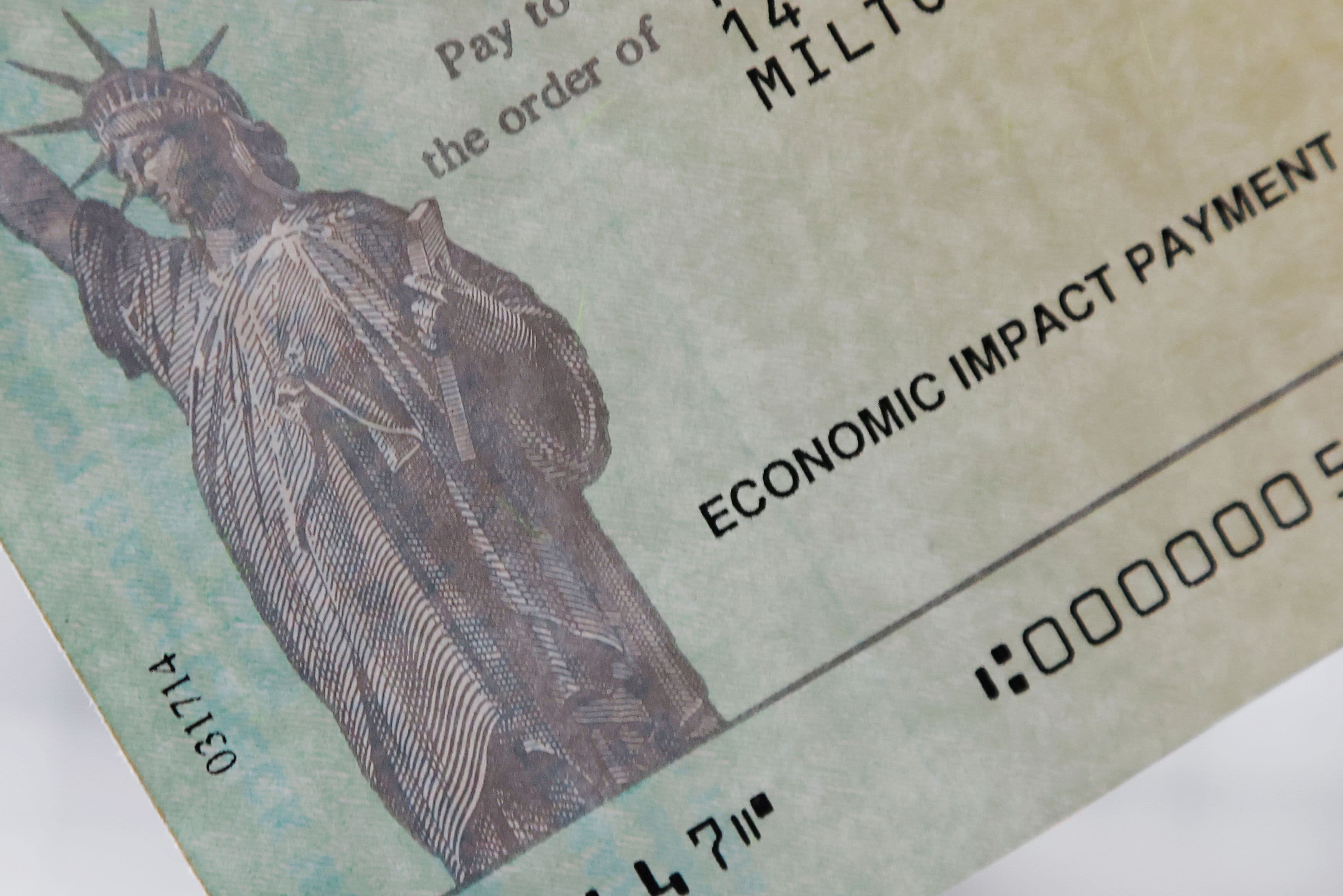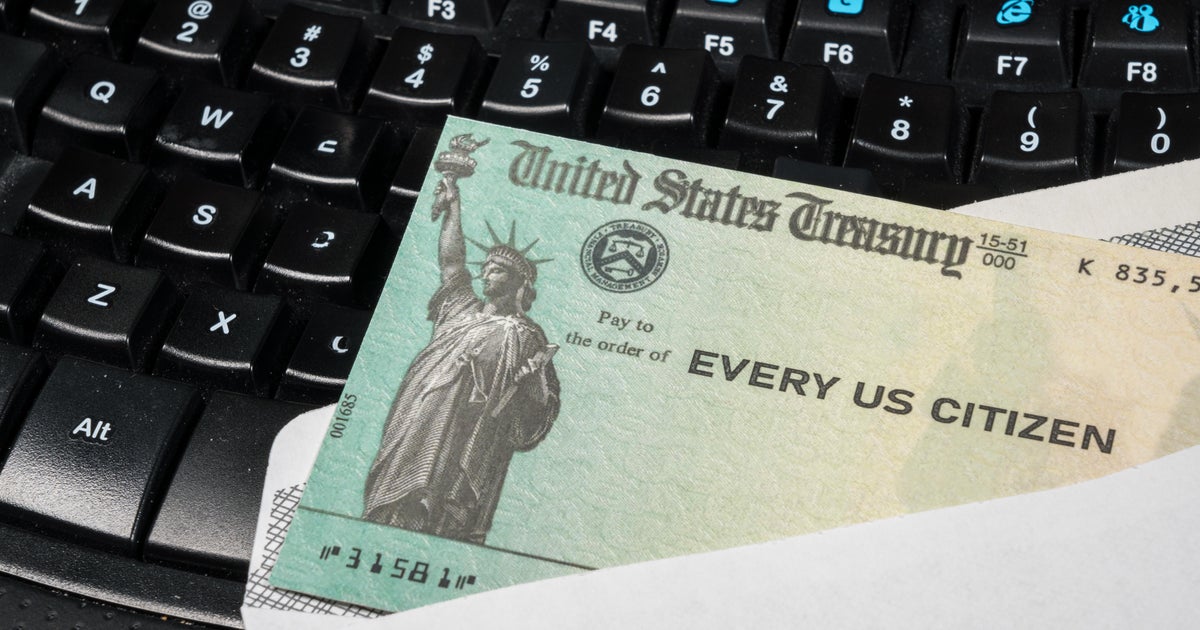I’m an Economist: Why Stimulus Checks Don’t Really Help Americans
Trump’s Return and Stimulus Speculations
Trump’s first term saw two rounds of stimulus payments in response to the COVID-19 pandemic: $1,200 in March 2020 and $600 in December 2020. However, those payments were tied to an unprecedented economic crisis and are unlikely to be repeated under current conditions.

Despite high inflation in recent years, the U.S. economy remains stable in terms of employment and overall growth. While Trump has hinted at easing financial burdens through measures like tax cuts, his proposed policies, such as tariffs on goods from China, Mexico, and Canada, could exacerbate inflation.
How Effective Are Stimulus Checks?
Stimulus checks provide immediate financial relief but are not designed as long-term economic solutions, says Michael Collins, an economist and chartered financial analyst. From a financial planning and economic perspective, these payments help households cover urgent expenses and alleviate short-term stress but fall short in addressing systemic economic challenges. The primary purpose of stimulus checks is to boost consumer spending, thereby stimulating the economy during downturns. “They work best when recipients spend the money,” Collins explains. However, when funds are saved or used to pay off debt, the immediate impact on economic activity is reduced.
Challenges in Distribution and Long-Term Impact
Determining who truly needs stimulus payments is another significant challenge. “Casting wide nets,” as seen during the pandemic, often results in funds going to individuals who may not require financial assistance, reducing the effectiveness of these programs. Additionally, stimulus checks are temporary solutions that do not address deeper issues like job creation, wage stagnation, or economic inequality. Collins emphasizes the need for broader policy measures, including investments in education, infrastructure, and workforce development, to create lasting economic stability. “Stimulus checks can only do so much,” Collins notes. “They are a short-term tool that provides relief but does not resolve larger, long-term economic challenges.”
A Balanced Approach to Economic Policy
While stimulus payments can play a crucial role during economic crises, they are only one piece of the puzzle. Achieving long-term prosperity requires a balanced approach that goes beyond temporary relief measures.

Collins concludes that effective financial management and policymaking should focus on comprehensive solutions to systemic issues. Investments in sustainable growth initiatives are vital to fostering economic resilience and stability. In the end, while stimulus checks may offer a quick fix during times of need, they are no substitute for the structural changes necessary to address America’s broader economic challenges.


Comments are closed, but trackbacks and pingbacks are open.